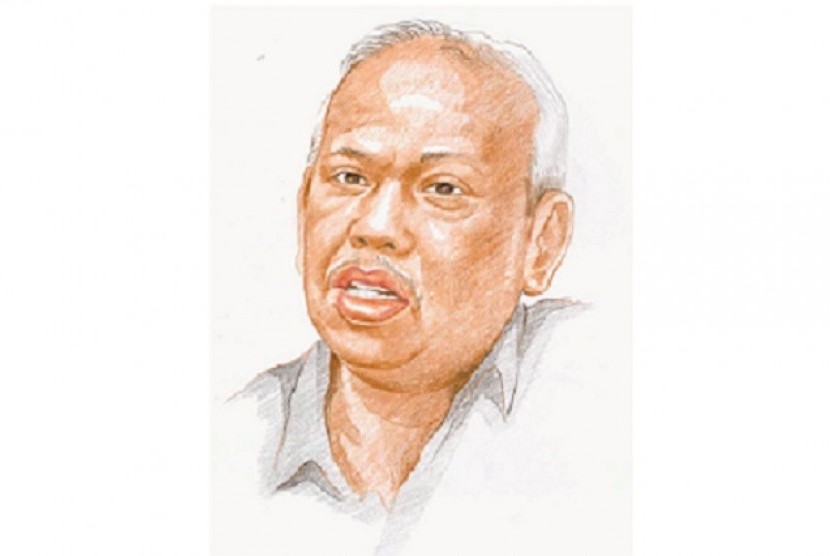By Azyumardi Azra
During my trips abroad, I often got chances to chat with Muslim immigrants whom I met in the airport, taxi, or as street vendors. They usually were blue collar workers, labourer, driver, or street vendors.
A bit typical, they usually talked more naive, straight forward, and also felt honest. They were different to successful immigrants who were white collar workers, office employee, manager, scientist, professor, and activist who tend to talk more carefully. Acted as an anthropologic or journalist, I talked and asked a lot about blue collar Muslim’s life in diasporas.
During conversations, I got to know not only their tears and laughter in foreign countries, but also their identity and perspective upheaval about their native countries development which could not be forgotten. This was their natural characteristic who lived in diasporas. They were usually experiencing long-term psychological and identity fluctuations.
In one side, they were facing unpleasant daily reality from social discriminations to anti-immigrant attitude of locals. In such hard situations, it was no surprise if homesickness to their home land kept bursting; emotional attachment to their native countries became so strong.
Take a look at Mehmed Sukur, a taxi driver who took me to Arlanda Airport, Stockholm, in the mid of April 2012. From his name I rightly knew he came from Turkey. And immediately I started to open my conversations about his homeland, not only about current development but also since the time of Ottoman Dynasty.
Mehmed, aged of early 30’s, was an educated Turkish as well as very nationalist. He was so proud of Ottoman Dynasty glory that conquered all Middle East, Mediterranean Sea, and Eastern Europe. To Mehmed, Sultan Sulayman al-Qanuni was a very important figure who united those regions under one single authority. He did not hesitate to call him as a super power leader.
Then came his irritation expression that the fall of Ottoman Dynasty was caused by Arab leaders’ conspiracies with Britain and France on 1920’s. With promises to be Islam World “khalifah”, Hijaz ruler, Sharif Hussain, accepted Britain and France’s mandate in Arab Peninsula by sacrificing Turkey Ottoman.
The result, Middle East went through fragmentation – including their manners on facing Israel – with never ending conflicts. Therefore, to Mehmed, the continuous crisis in Arab World now was a result of their betrayal to Istanbul. Meanwhile, Arab World kept flare up. At the same time, Turkey under leadership of PM Recep Tayyip Erdogan was victorious on advancing their economy.
Mehmed was very proud of the rise of Turkey with its come back to be the formidable force in Middle East and even Europe. He agreed when I explained about the observers calling the current Turkey as “Neo Ottoman”.
Different thing happened to Davood Parvaneh who came from Iran. He took me from Sheraton Stockholm to Arlanda Airport. This man in his 40’s had a very critical point of view towards Iranian regime. Admitted living in Stockholm for 13 years and worked as taxi driver, Davood often went back home. But in his homeland, he admitted that he was afraid to talk about politics – especially being critical towards current regime because he could be in trouble.
To Davood, Iranian ruling regime with its nuclear program has controversially become troubles to Iranian immigrants. He felt, Iranian immigrants were monitored and watched over by intelligence officers in overseas countries. They were viewed by the authorities and locals as potential harm to their resident state’s security.
According to Davood, Mahmud Ahmadinejad’s regime actually was not fully capable to build nuclear weapons. Therefore, he was wondering why Iranian government not wanted to open one hundred percent of its uranium enrichment projects to international society. As the consequences, suspicion stays afloat in the middle of Iranian ruling regime resistance against international oppression.
Mehmed and Davood have just reflected two different symptoms on seeing their native countries. But, both showed unbreakable soul attachment to their mother land. In the middle of migration wave increase in the globalization era, migrants’ identity attractions in diasporas keep to continue.
(Indira Amiranti)



